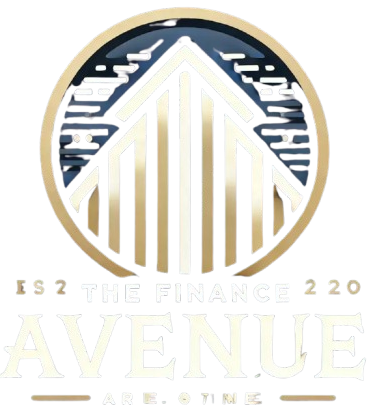Investing

A Beginner’s Guide to Investing
Key Terms
Bond
Definition
A bond is an investment representing part or all of a loan to a person, government, or other entity. Bonds are issued at a set par value, usually $1000 or $100, and their prices fluctuates based on interest rates and perceived credit-worthiness of the borrower.
Bond Yield
Definition
A bond is an investment representing part or all of a loan to a person, government, or other entity. Bonds are issued at a set par value, usually $1000 or $100, and their prices fluctuates based on interest rates and perceived credit-worthiness of the borrower.
Technical Analysis
Defination
A bond is an investment representing part or all of a loan to a person, government, or other entity. Bonds are issued at a set par value, usually $1000 or $100, and their prices fluctuates based on interest rates and perceived credit-worthiness of the borrower.Sector Breakdown
Defination
A bond is an investment representing part or all of a loan to a person, government, or other entity. Bonds are issued at a set par value, usually $1000 or $100, and their prices fluctuates based on interest rates and perceived credit-worthiness of the borrower.Short-Term Investments
Defination
A bond is an investment representing part or all of a loan to a person, government, or other entity. Bonds are issued at a set par value, usually $1000 or $100, and their prices fluctuates based on interest rates and perceived credit-worthiness of the borrower.Investment Banker
Defination
A bond is an investment representing part or all of a loan to a person, government, or other entity. Bonds are issued at a set par value, usually $1000 or $100, and their prices fluctuates based on interest rates and perceived credit-worthiness of the borrower.Wall Street
Defination
A bond is an investment representing part or all of a loan to a person, government, or other entity. Bonds are issued at a set par value, usually $1000 or $100, and their prices fluctuates based on interest rates and perceived credit-worthiness of the borrower.Frequently Asked Questions
Yes, many brokerages have no minimum account size and will offer zero-commission trading, allowing you to begin investing with even very small amounts. In fact, now with many brokers offering fractional shares, you can invest in stocks even if their share price is over $1000.
While there are many ways to invest in stocks, one of the easiest and best ways for beginning investors to do so is to open up a retirement account with a discount broker. These accounts have tax advantages when saving for retirement and many different brokers have ones that cost little or even nothing to have.
While you can’t invest with zero money, you can invest with very little. Many stock brokers offer accounts with no minimum balance and no trading commissions so almost any amount you add to your account can be used to invest.
You should invest because investing allows your savings to go farther than they otherwise would. Simply holding your savings as cash means it will just sit and be slowly diluted by inflation, whereas even in the safest investments it will earn some money for you, building on itself.
As soon as you can afford to. Because investment returns compound, that is, the money you earn from investing then earns money, the sooner you begin investing, the more time you give for this process to work.
In the U.S. stock markets major exchanges such as the New York Stock Exchange (NYSE) and Nasdaq are open from 9:30 .a.m to 4.p.m Eastern Time. However, this varies around the world depending on what exchange you’re looking at and whether that day is a holiday.








